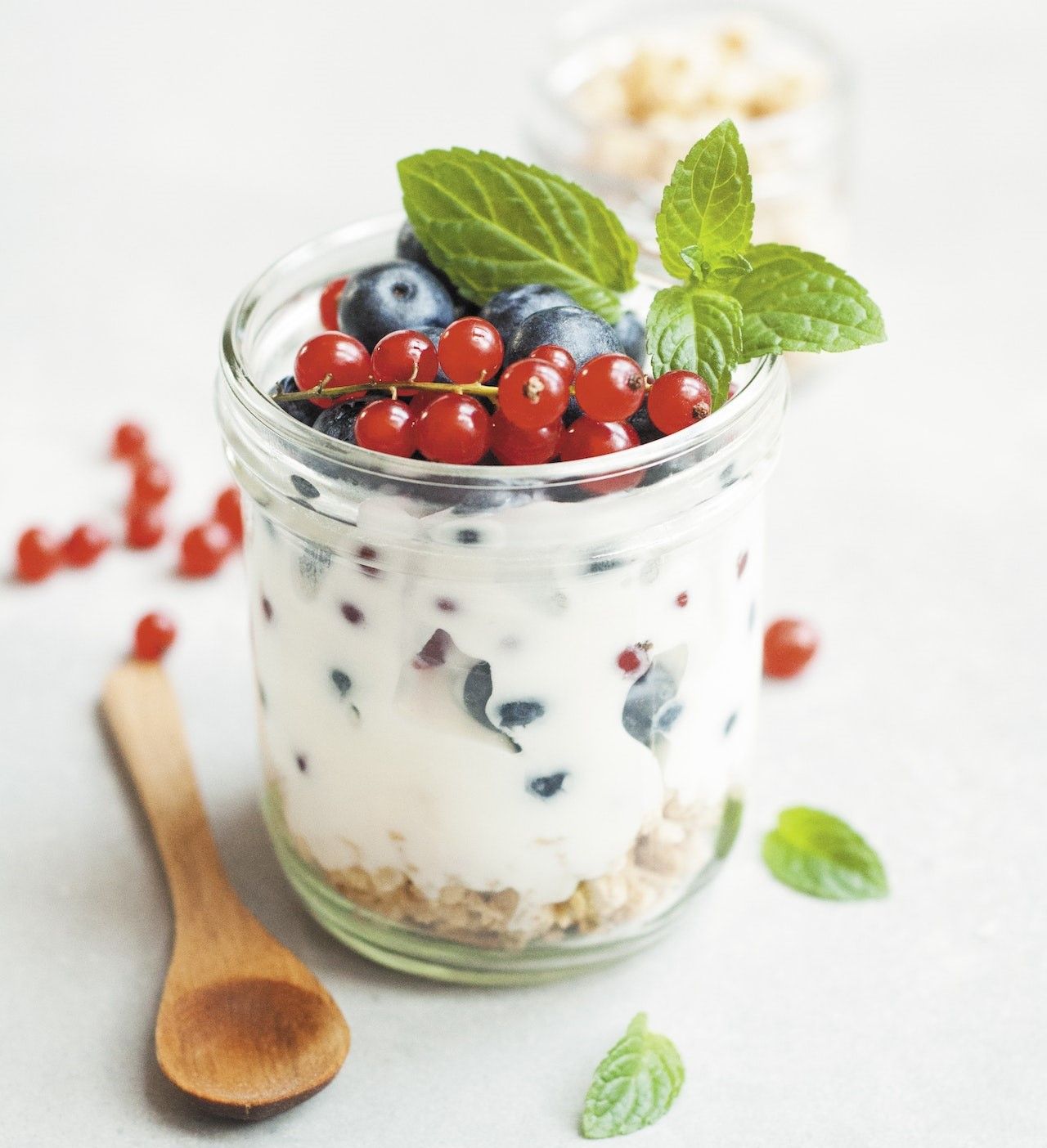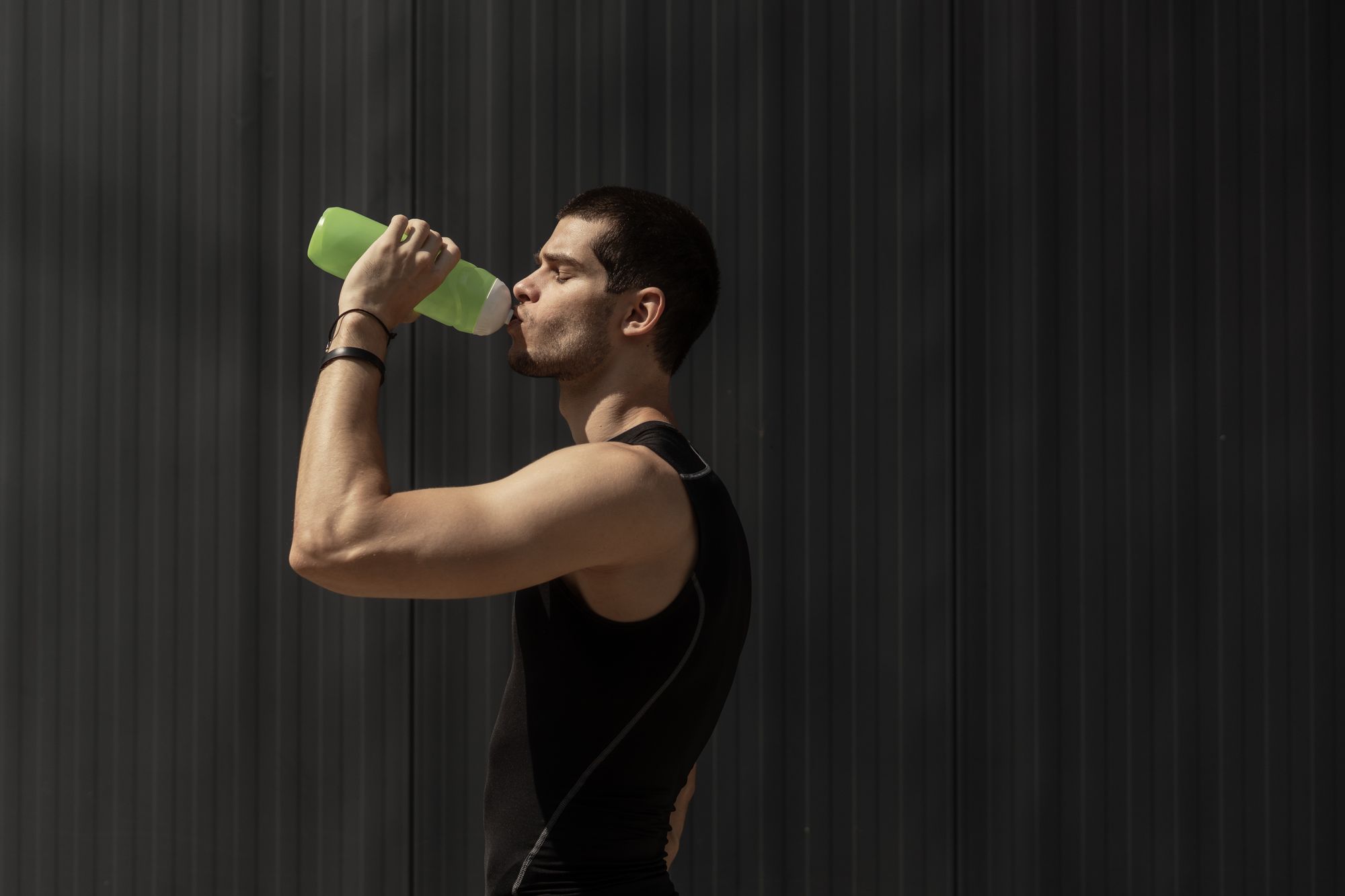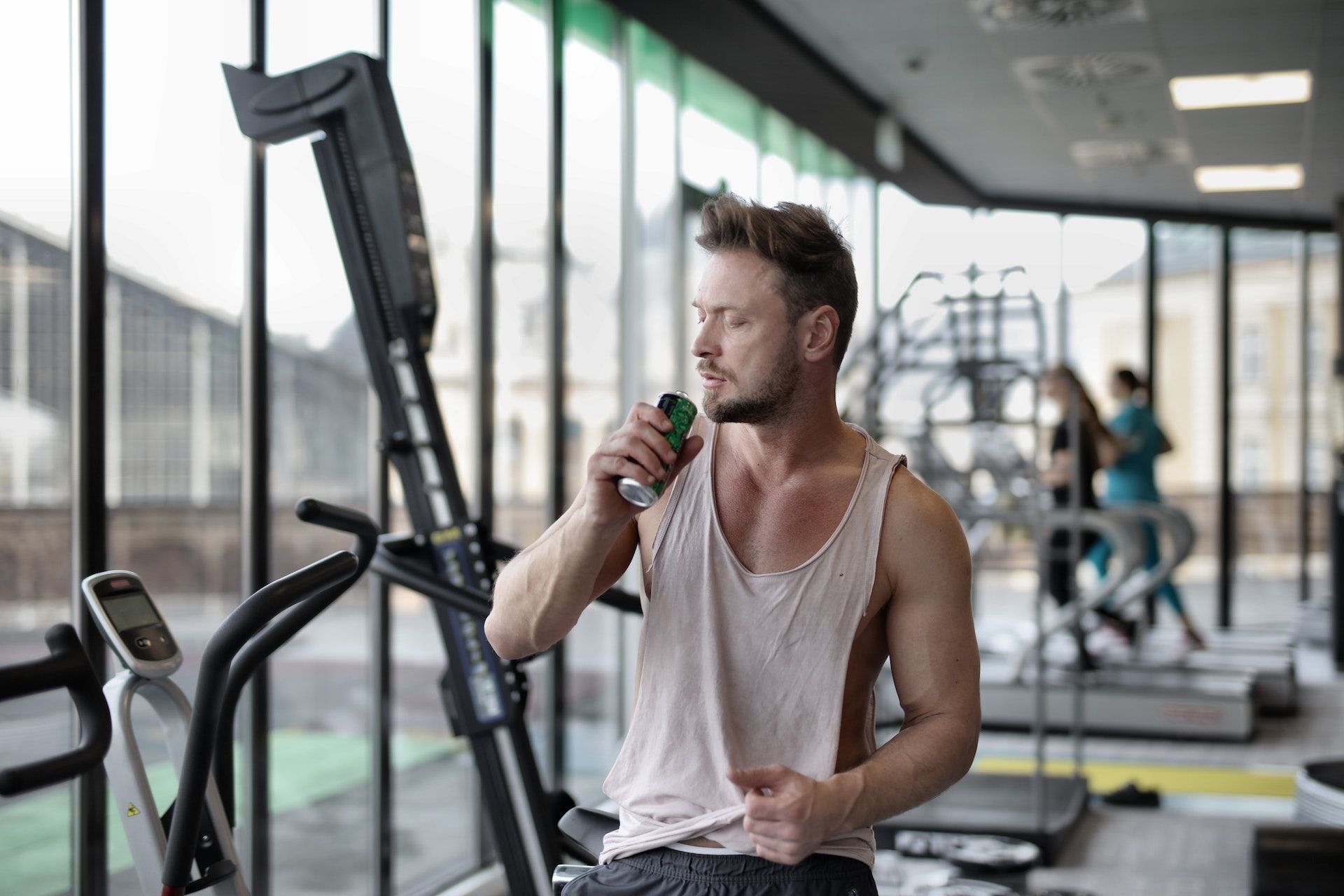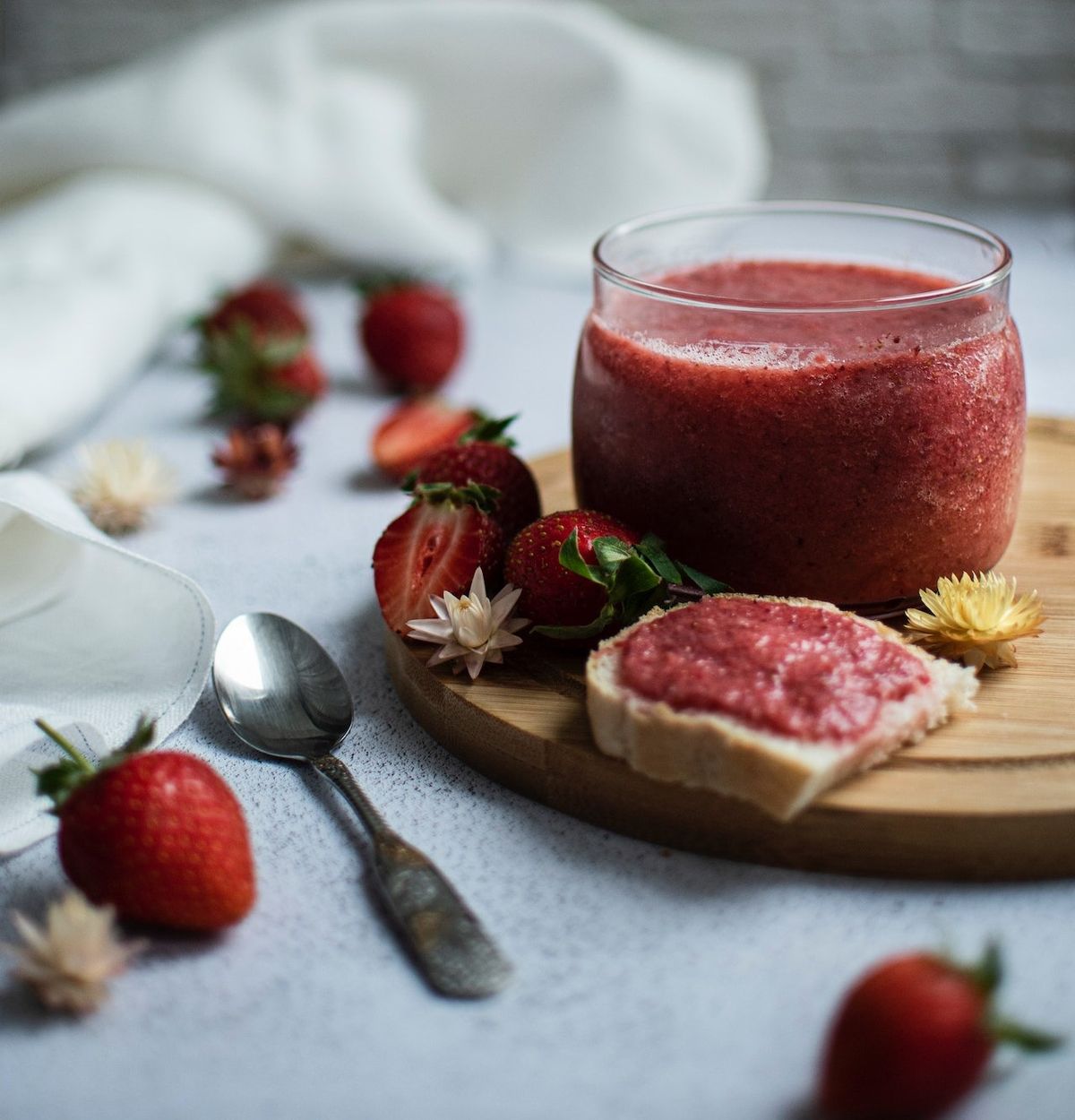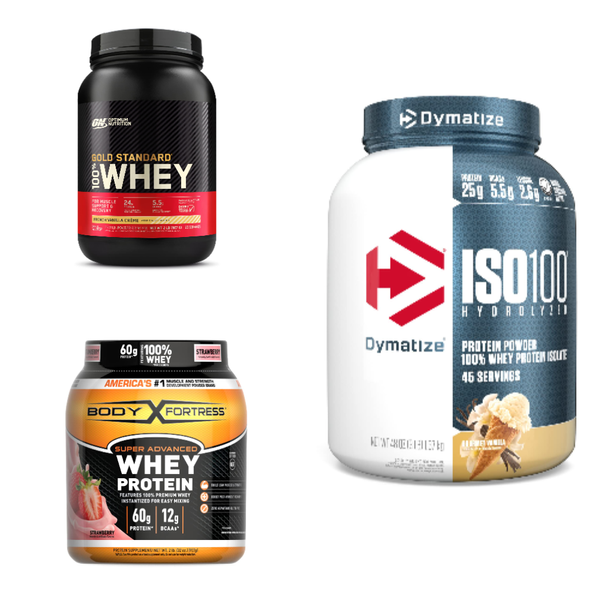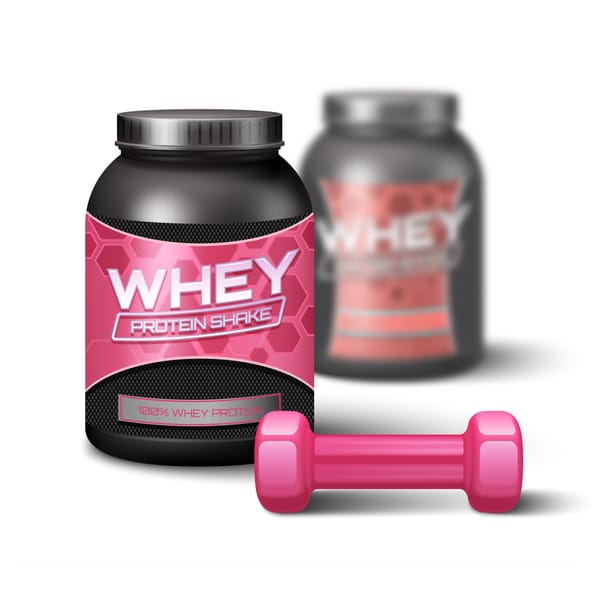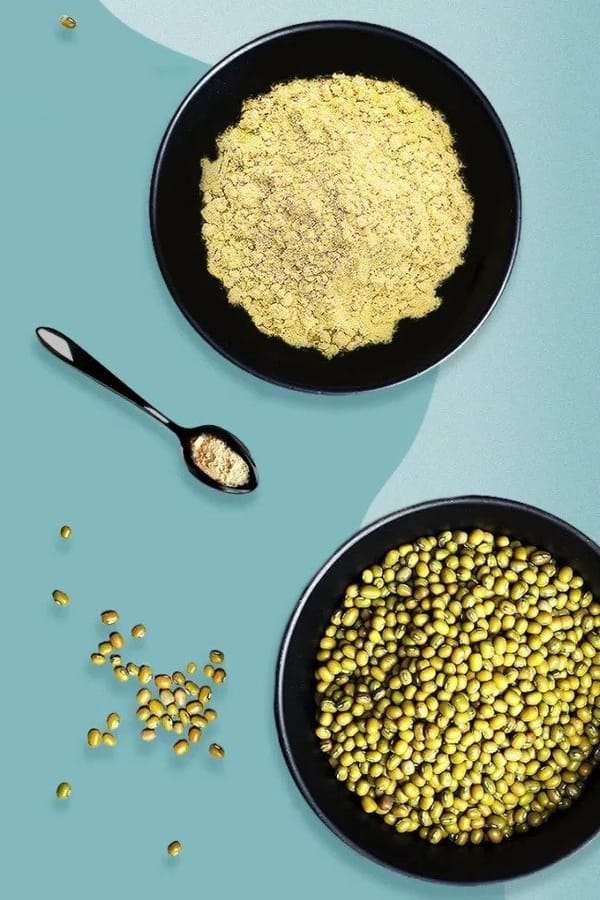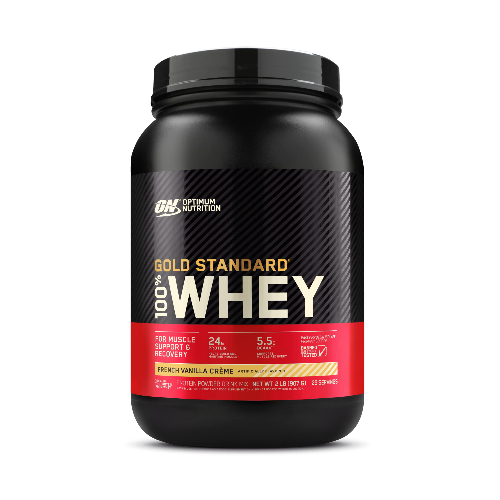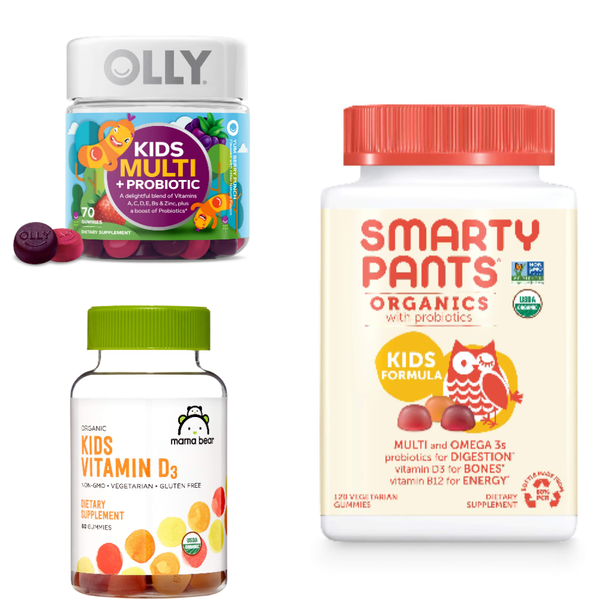Are you on a quest to maximize your workout performance? The secret might be in the food you eat before your exercise. In this comprehensive guide, we'll explore the best pre-workout foods that can help you achieve your fitness goals.
The Power of Pre-Workout Nutrition
The importance of pre-workout nutrition cannot be overstated. Eating the right foods before a workout can provide sustained energy, maintain your muscle mass, and enhance your overall athletic performance. So, what are the best pre-workout meals to fuel your burn?
Top 5 Best Pre-Workout Foods
Bananas: Bananas are loaded with fast-digesting carbohydrates and essential amino acids, making them an excellent source of quick energy and muscle protection.
Oats: Oats are rich in complex carbs that gradually release energy, and they also contain a good amount of protein for muscle growth.
Greek Yogurt and Fruit: This combo offers high-quality protein and natural sugars, providing both immediate and sustained energy.
Whole Grain Bread: Whole-grain bread is a fantastic source of complex carbohydrates. Pair it with lean protein like hard-boiled eggs or almond butter for a balanced meal.
Chicken, Rice, and Vegetables: If you're looking for a more substantial pre-workout meal, this trio can provide a sustained release of energy throughout your entire workout.
The Science Behind Pre-Workout Nutrition
When you consume the right foods before exercise, you're setting your body up for success. According to exercise science, consuming a mix of complex and simple carbs before a workout can help maintain your blood sugar levels and prevent you from feeling sluggish.
Protein is crucial for protecting muscle tissue from damage and promoting muscle growth. Essential amino acids found in high-quality protein sources help stimulate protein synthesis in the body, promoting muscle growth and recovery.
Healthy fats, although not primary energy sources during high-intensity exercise, can provide energy for lower-intensity, longer-duration workouts.
Pre-Workout Meal Timing and Considerations
The timing of your pre-workout meal also matters. Ideally, you should eat your pre-workout meal 2-3 hours before your workout. This allows enough time for your food to digest and prevent stomach discomfort during exercise.
If you're short on time, a protein shake or protein bar could be a good pre-workout snack option. They are quick, convenient, and packed with all the nutrients you need to fuel your workout.
Moreover, it's essential to stay hydrated. Dehydration can lead to muscle cramps and fatigue, hindering your workout performance.
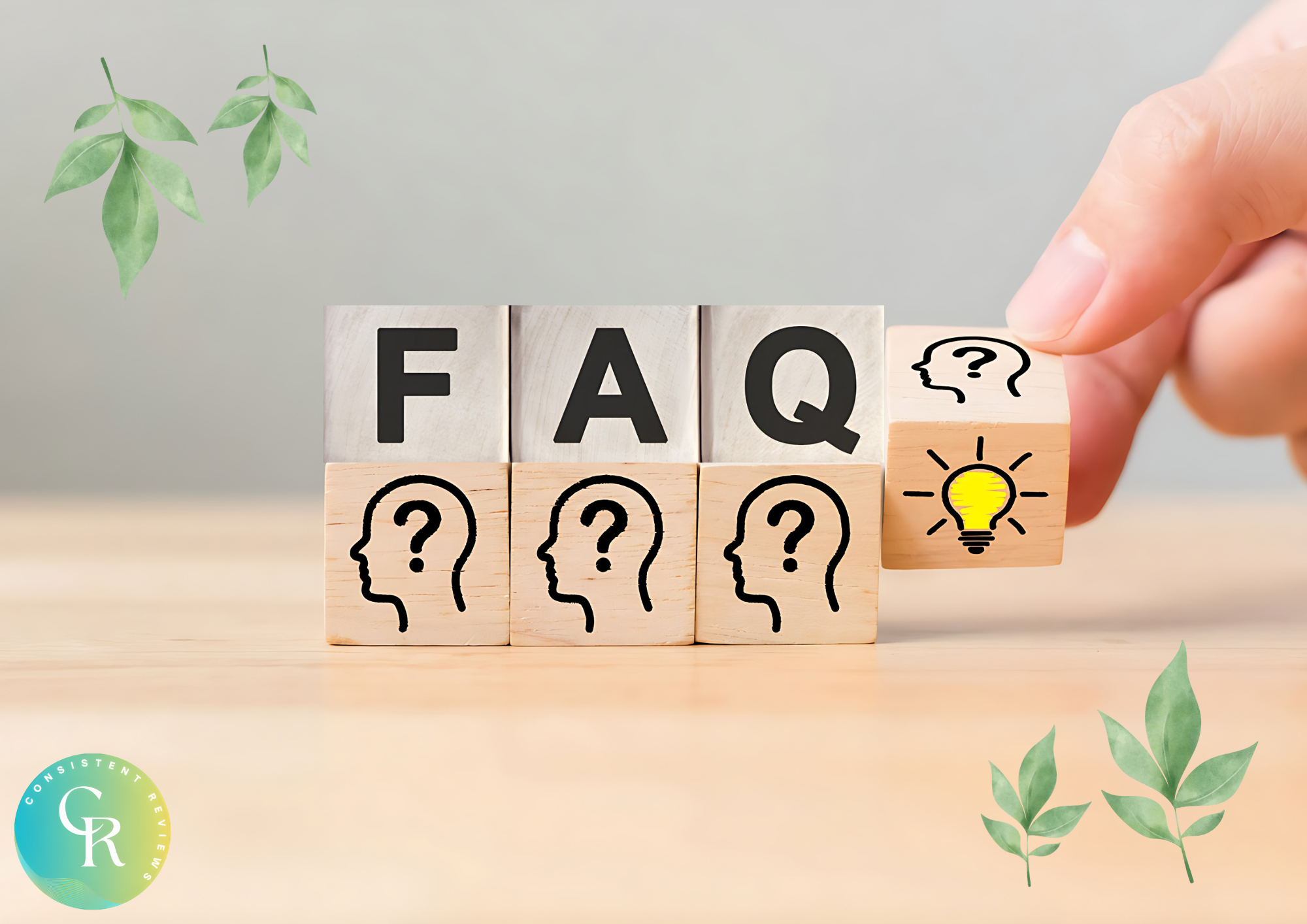
What makes a good pre-workout meal?
A good pre-workout meal is one that provides a balance of complex carbohydrates, lean protein, and healthy fats. Complex carbohydrates are your body's preferred source of energy for exercise, as they are digested slowly and provide a steady stream of energy. Lean protein is vital for muscle repair and growth, while healthy fats can provide energy for longer, less intense workouts. Foods like bananas, oats, Greek yogurt with fruit, whole-grain bread, and a balanced meal of chicken, rice, and vegetables are great examples of pre-workout meals.
Remember, the timing of your pre-workout meal also matters. Ideally, you should consume your meal 2-3 hours before your workout to allow for proper digestion and absorption of nutrients. If you're short on time, opt for a quick and easily digestible protein shake or bar, which can supply the necessary nutrients without causing stomach discomfort during your workout.
Why is hydration important before a workout?
Hydration plays a crucial role in your workout performance. When you're well-hydrated, your body can efficiently regulate its temperature, transport nutrients to give you energy and lubricate your joints for smooth movement. Dehydration, on the other hand, can lead to muscle cramps, dizziness, fatigue, and even more severe health issues.
It's recommended to drink water throughout the day and not just right before your workout. The amount of water you need can depend on various factors, including the intensity of your workout, the climate, and your body size. As a general rule of thumb, try to drink at least 8 glasses of water per day and more if you're planning an intense workout session.
How does pre-workout nutrition affect muscle growth?
Pre-workout nutrition has a significant impact on muscle growth. Consuming protein before a workout can increase muscle protein synthesis, the process by which the body builds new protein that can lead to muscle growth. Foods rich in high-quality protein, such as Greek yogurt, eggs, and chicken, are great pre-workout choices.
Moreover, having carbohydrates before your workout can preserve your muscle mass. During a workout, your body first uses glycogen (stored form of glucose) for energy. When glycogen stores run low, your body may start breaking down muscle protein for energy. Consuming carbs before your workout ensures that you have enough glycogen for your exercise session, thus protecting your muscles from being used as an energy source.
Can I work out on an empty stomach?
Working out on an empty stomach, also known as fasted training, is a topic of ongoing debate among fitness enthusiasts and experts. Some people prefer fast training because they believe it can help burn more fat. However, others argue that working out without fuel can lead to muscle breakdown and hinder workout performance.
The decision to eat before a workout can depend on your personal preference, workout intensity, and overall health. If you choose to work out on an empty stomach, pay attention to how your body feels during and after the workout. If you feel dizzy, weak, or overly fatigued, it might be best to consume a small, balanced meal before your next workout session.
How can I customize my pre-workout nutrition to my specific needs?
Everyone's body responds differently to different types of foods and workout routines. Therefore, it's important to experiment with various pre-workout meals and see which ones work best for you. Consider factors like the intensity and duration of your workout, your digestion, and personal health goals when customizing your pre-workout nutrition.
For example, if you're going to do a long, intense workout, you might benefit from a meal with more complex carbs for sustained energy. If you're doing a shorter, high-intensity workout, a smaller meal with simple carbs for quick energy might be more beneficial. Always listen to your body and adjust your nutrition accordingly. Consulting with a dietitian or nutritionist can also provide personalized guidance based on your specific needs and goals.
Is it okay to consume protein bars or shakes as a pre-workout meal?
Yes, protein bars or shakes can be an excellent choice for a pre-workout meal, especially when you're short on time. They are convenient, easy to digest, and packed with the necessary nutrients to fuel your workout. Protein bars or shakes often contain a mix of high-quality protein, carbohydrates, and sometimes healthy fats, which can provide both immediate and sustained energy for your workout.
However, it's essential to choose your protein bar or shake carefully. Some products can be high in added sugars and low in fiber, which might lead to a quick energy boost followed by a crash. Look for products with a good balance of protein, carbs, and fats, and minimal added sugars. Also, remember that while protein bars and shakes can be a part of your diet, they shouldn't replace whole foods entirely.
What should I avoid eating before a workout?
Before a workout, it's best to avoid heavy, high-fat meals, as fats take longer to digest and can cause stomach discomfort during your workout. Also, avoid foods high in fiber, as they can also slow digestion and potentially cause gastrointestinal issues during exercise.
Spicy and acidic foods can cause heartburn or reflux, especially during high-intensity workouts. Lastly, avoid consuming too much caffeine before your workout as it can lead to dehydration. While a small amount can increase focus and energy, too much can cause jitteriness, increased heart rate, and impaired sleep.
Can pre-workout nutrition help in weight loss?
Pre-workout nutrition can indeed aid in weight loss, but it's important to remember that it's just one piece of the puzzle. Consuming a balanced pre-workout meal can help keep your energy levels stable, prevent overeating post-workout, and help maintain lean muscle mass as you lose weight.
However, overall calorie intake and expenditure, the quality of your diet throughout the day, and regular physical activity play more significant roles in weight loss. It's also important to incorporate strength training into your routine to preserve muscle mass as you lose weight, which can help keep your metabolism high.
What if I don't feel comfortable eating before a workout?
If you don't feel comfortable eating before a workout, you might prefer fasted training. Some people find that they feel lighter and more focused when they exercise on an empty stomach. However, it's crucial to pay attention to how your body reacts. If you find yourself feeling weak, dizzy, or overly fatigued during your workout, it might be a sign that your body needs fuel beforehand.
You can also experiment with the timing and size of your pre-workout meal. You might find that a smaller meal or a snack consumed 30-60 minutes before your workout feels more comfortable for you. The key is to listen to your body and find what works best for you.
Are there any specific pre-workout foods for morning workouts?
For morning workouts, you want foods that are easy to digest and provide quick energy. Bananas are a great option as they are rich in simple carbohydrates and potassium, an electrolyte that can help with muscle function. Greek yogurt with a bit of honey or fruit can also provide a nice balance of protein and carbs.
If you're not a fan of eating solid food first thing in the morning, a smoothie can be a great alternative. Blend some fruit with Greek yogurt or a scoop of protein powder for a quick, easily digestible pre-workout meal. Remember, everyone is different, so it's important to find what works best for you.
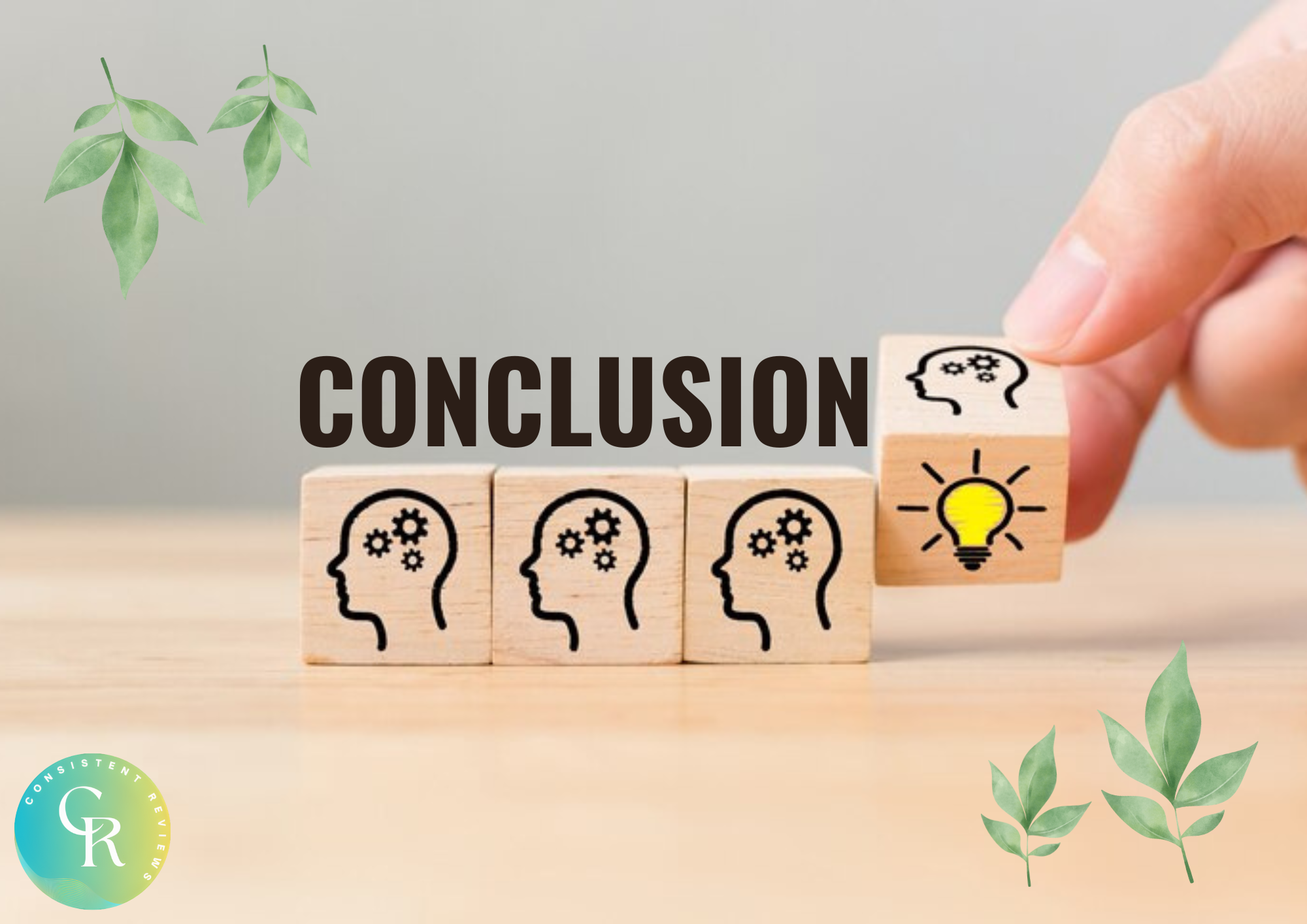
Eating the right foods before a workout can make a significant difference in your performance and recovery. Whether it's a banana, a bowl of oats, or a hearty chicken and rice meal, the best pre-workout foods are those that provide a balance of complex carbohydrates, lean protein, and healthy fats.
Remember, everyone is different, and what works for one person may not work for another. Listen to your body, experiment with different foods, and find what works best for you. Stay fueled, stay hydrated, and crush those fitness goals!
This article was reviewed by a wellness coach and is intended to be used for informational purposes only. Always consult with a healthcare professional before making any changes to your diet or exercise routine.
